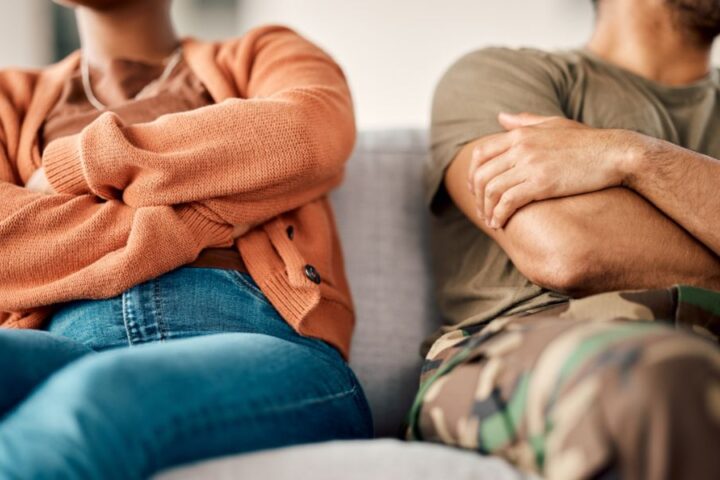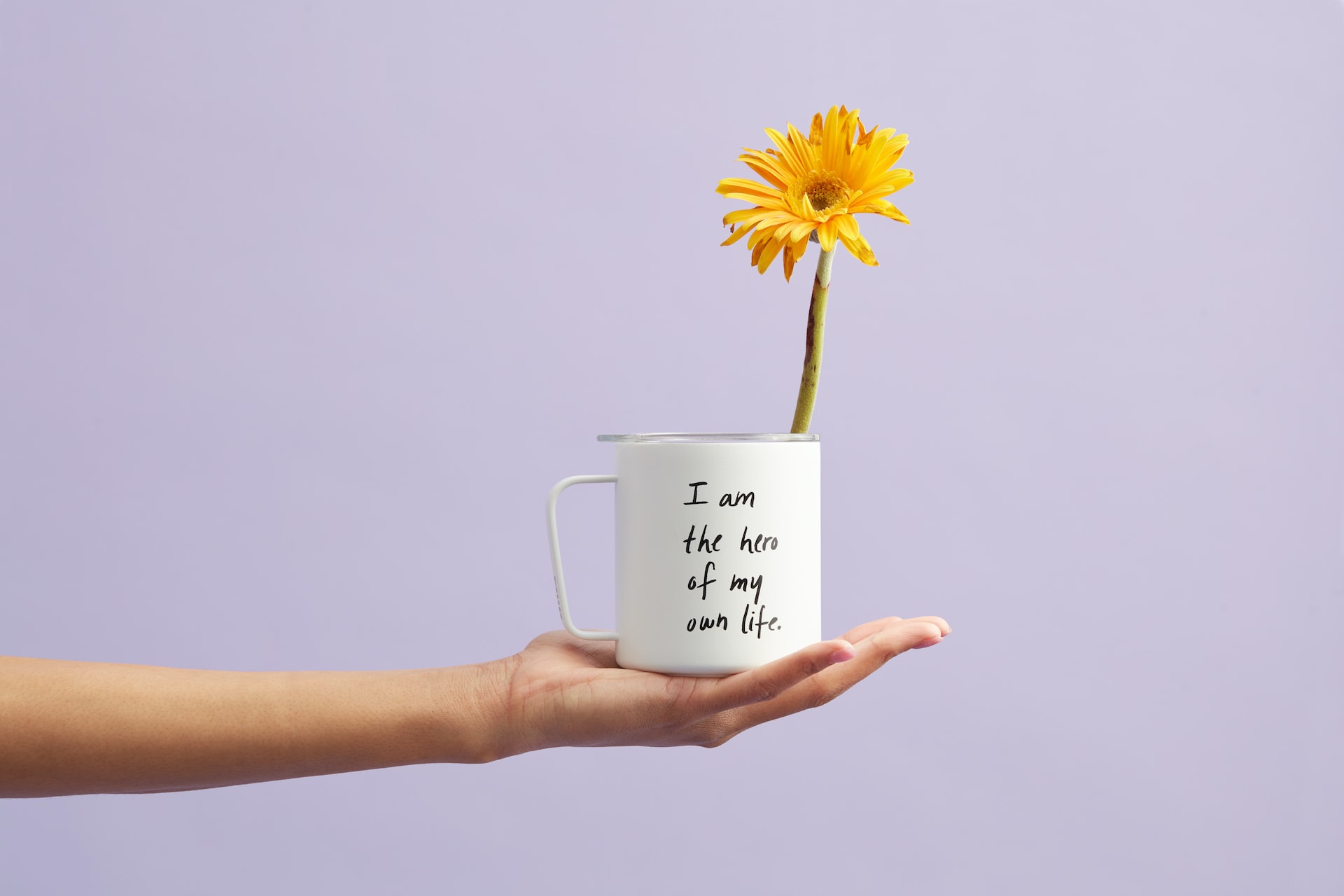Yes, marriage can improve your mental health, but only when the relationship is healthy and supportive. Being in a committed relationship often provides emotional security, companionship and a shared sense of purpose.
These benefits can reduce the risk of developing conditions like anxiety and depression. However, the quality of the relationship plays a much bigger role than the marital status itself.

The Mental Health Benefits Of A Good Marriage
Studies have consistently found a link between strong marital relationships and better mental wellbeing. For instance, a 2022 study reported that married individuals are approximately 30% less likely to experience symptoms of depression compared to those who are single, divorced or widowed. This is often attributed to the emotional and practical support that a spouse can offer.
A good marriage can act as a buffer against stress, providing a sense of companionship and stability. This support is particularly valuable during difficult life events, such as illness, job loss or grief. When partners communicate well, show empathy and work together, it can significantly reduce feelings of isolation and help both individuals feel more resilient.
The Risks Of Unhealthy Marriages
While a strong marriage can be a protective factor for mental health, an unhealthy or high-conflict marriage can have the opposite effect. People in unhappy relationships are more likely to experience anxiety, depression and lower levels of overall wellbeing. In some cases, being in a strained marriage can be more psychologically damaging than being single.
Living with ongoing stress in a relationship can lead to chronic feelings of worry, tension and sadness. An anxious partner may constantly fear rejection, misinterpret interactions or struggle with emotional regulation. These patterns can make the relationship more difficult and prevent both partners from feeling safe and understood.
Marriage Is Not A Cure For Mental Health Issues
Many people hope that getting married will resolve feelings of loneliness, low self-esteem or anxiety. However, unresolved personal struggles do not disappear with a wedding ring.
Instead, they can carry into the relationship and create new challenges. For example, someone who already experiences anxiety may find that being in a committed relationship amplifies their fears of abandonment or not being good enough.
Therapy can be especially helpful for individuals or couples in this situation. Seeing a relationship counsellor or individual therapist can provide a safe space to explore emotions, improve communication and build healthier patterns. Addressing mental health issues early can prevent deeper difficulties in the marriage later on.
The Role Of Relationship Counselling And Therapy
Relationship counselling is not only for couples in crisis. It can be a proactive way to strengthen a marriage, especially during transitions like moving in together, having children or dealing with external pressures. A counsellor can help couples understand each other’s emotional needs, manage conflict more effectively and reduce misunderstandings that fuel anxiety or frustration.
Individual therapy is equally important. Someone who feels anxious or low within their marriage may benefit from exploring their own patterns, triggers and coping mechanisms. Therapy can prevent overthinking and help people feel more secure in themselves, which in turn strengthens their relationship.
The Importance of Quality and Support
Marriage can enhance your mental health, but only when it is built on mutual respect, emotional safety and good communication. A healthy marriage offers comfort and connection, which are essential for reducing anxiety and depression. On the other hand, a stressful or distant relationship can harm your wellbeing and intensify mental health issues.
It is not the act of being married that improves mental health, but the quality of the relationship itself. Whether through relationship counselling, individual therapy or intentional effort, nurturing a strong partnership can be one of the most meaningful ways to support your mental wellbeing.
Want more insights into mental health, relationships, and empowering choices? Follow our latest features on Pretty Progressive


















